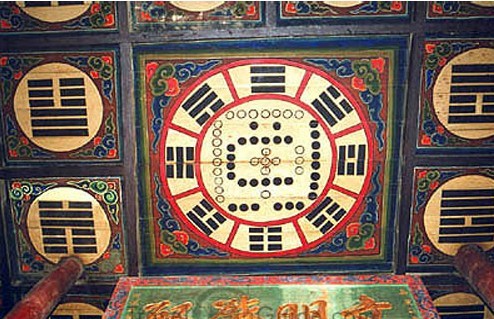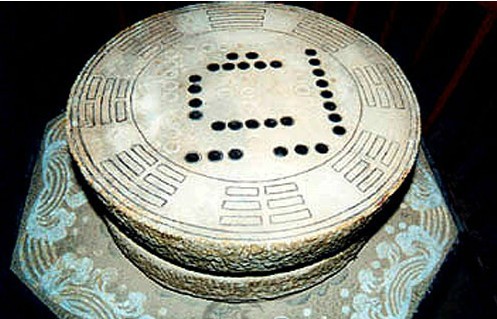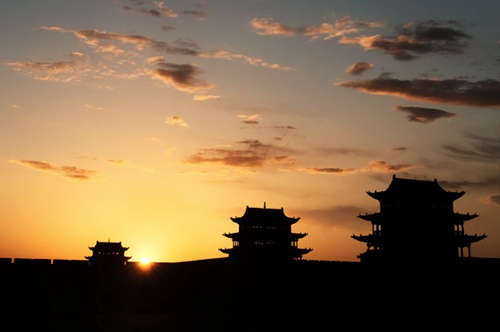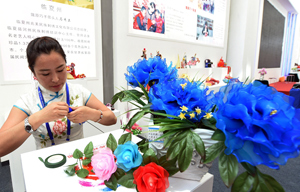Arts and Traditions
The Taihao Fuxi's Fiesta
Updated: 2015-09-18( chinaculture.org )
The first list of Intangible Cultural Heritages was approved by the nation in 2006.
Year: 2006
Sort: Folk-custom
Area: Henan and Gansu provinces
Serial No.:X-37
Declarer: Tianshui city, Gansu province; Huaiyang county, Henan province
According to a large number of documentary records and archaeological discoveries, Fuxi culture has a history of over 8,000 years. Fuxi is believed to have taught people farming, fishing and animal husbandry, and also to have invented writing from mystic diagrams supposed to have been on the back of a tortoise.
Tianshui city, Gansu province, as one of China's ancient cultural cradle, also was the first ancestor Fuxi's birthplace. Every year, many Chinese from home and abroad travel thousands of miles to this city to seek their ancestors and hold sacrificial ceremonies for Fuxi.
In order to commemorate the merits of Fuxi, later generations built the Fuxi temple, and held the sacred activities every year. The sacred activity of Fuxi temple began from the year of 1483, and continued the present day. In various historical periods the sacrifice has the different scale and content, which reach its peak in the Ming Dynasty (1368-1644).
On the second day of the second lunar month (March) each year a temple fair is held. People come here to worship Fuxi and to pray for happy marriage and early offspring. This ancient custom has continued right up to the present, although nowadays there are more activities going on in the temple, mainly of a marketing nature. The temple fair lasts a month, during which time the streets are lined with vendors' stalls, forming a big market. Most prominent are tigers made from fabric. Their scope is wide, and includes single- and double- headed tigers, crouching tigers, reclining tigers, and tiger-shaped pillows.
In recent years, the Gansu provincial government attaches great recognition to Fuxi sacred activities. From 2005, it has been the annual sacrifice sponsored by the Gansu provincial government. The Fuxi fiesta has played a positive role in strengthen the cohesiveness of the Chinese nation, and build a harmonious society.
 |
|
According to a large number of documentary records and archaeological discoveries, Fuxi culture has a history of over 8,000 years. |
 |
|
According to a large number of documentary records and archaeological discoveries, Fuxi culture has a history of over 8,000 years. |


